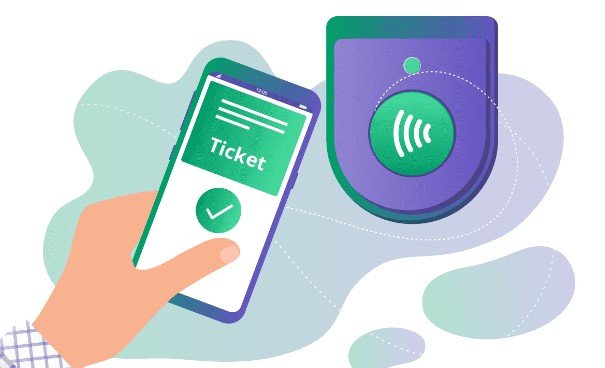Online vs. Physical Ticket Transfer Processes

When you resell concert tickets, you can forward them to buyers online or mail them physically, depending on your preferred method. Some resale platforms provide an option where you can manually fill an order or use automatic payment processing. Here are some differences between digital and physical ticket transfer processes:
Convenience
When you resell concert tickets online, the transfer process is much simpler because you send them to a buyer through email or a ticketing application. Many platforms have built-in systems that will allow you to send tickets to buyers directly and conveniently. You only need to log in to your account, choose the ticket, and pick the option to transfer it. Once you provide proof of transfer, the platform will release the money to your account immediately.
If you have physical versions of tickets to sell, the process may involve meeting the buyer in person to hand them their ticket. If meeting in person isn’t possible, you may have to ship the tickets to the buyer to avoid further delays. Some ticketing websites may offer you a shipping label to transfer tickets, simplifying the process. They should also provide tracking details. When meeting in person, you’ll usually need to provide a receipt or a written confirmation of the sale in case a dispute arises.
Security and Verification
Trustworthy ticket resale platforms add a unique code to tickets, which allows the relevant parties to track and manage tickets. If there are issues, such as fake tickets or technical glitches, ticket platforms can usually resolve these problems. Some websites will also encrypt data to shield sensitive information, such as names, email addresses, and payment details. This means your personal data and information is protected.
Unlike online tickets, physical tickets can’t be verified through a system before the event. During the concert, hard tickets are checked at the gate by scanning barcodes to confirm their legitimacy. Security personnel may examine features, including holograms or watermarks, to determine the tickets’ legitimacy.
Read also: Navigating the Legal and Ethical Considerations of Selling Unused Flight Tickets
Flexibility
Many platforms allow you to list and transfer the ticket multiple times if the first buyer can’t attend the event. If the seat is upgraded or the concert time is changed, you can receive updated tickets online. If a buyer fails to receive an email with the ticket details, you can resend it through the ticketing platform.
Physical tickets can be less flexible because re-transferring tickets requires organizing a new meeting or mailing the details, which can take up a lot of time. Unlike online tickets, hard tickets can’t be updated or reissued immediately when there are any changes. This means printing them again, or issuing and mailing new ones to allow the buyer to have valid concert tickets.
Resell Concert Tickets Through a Trusted Platform
Reselling event tickets through an online platform is more convenient and flexible than physical ticketing. Digital tickets enable you to transfer the details to a buyer at the last minute. If you are looking to resell concert tickets, sign up at a trusted website today.




